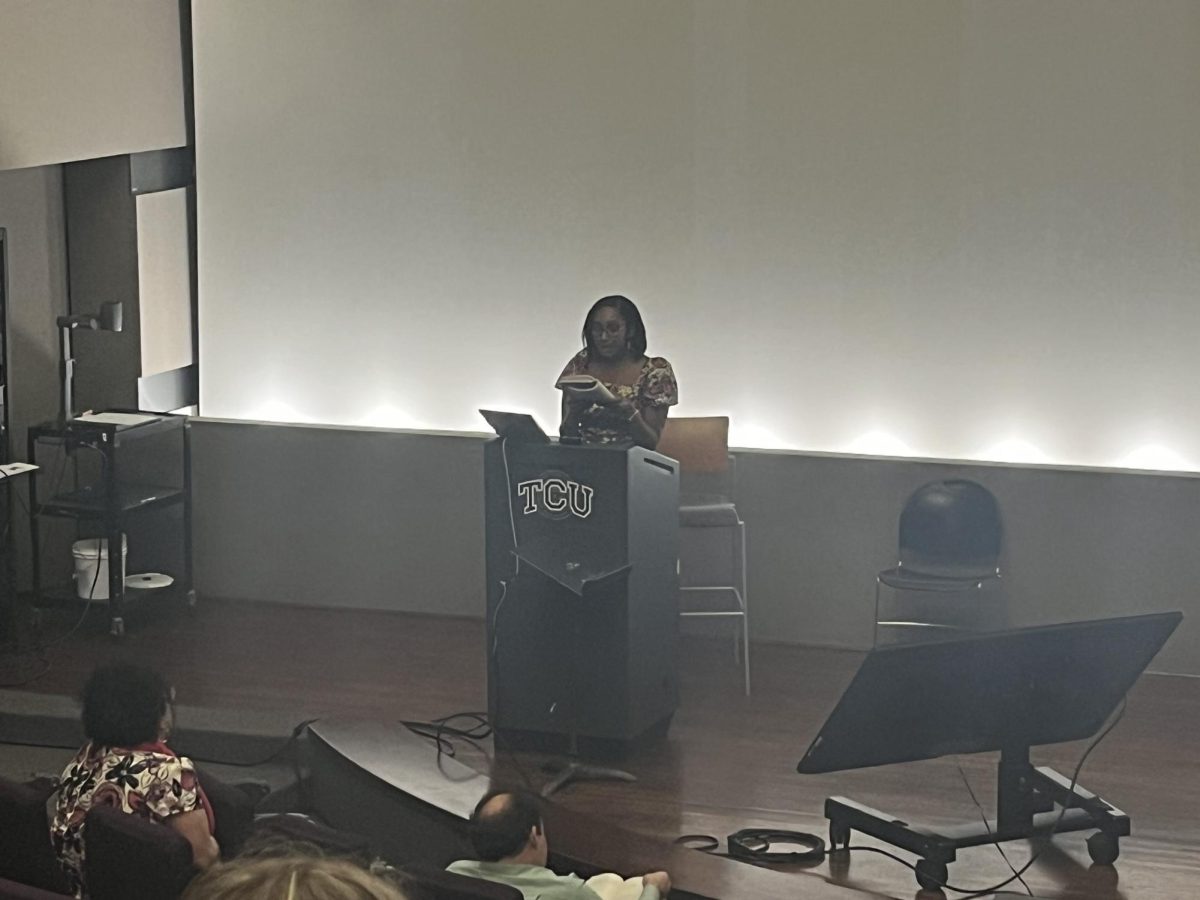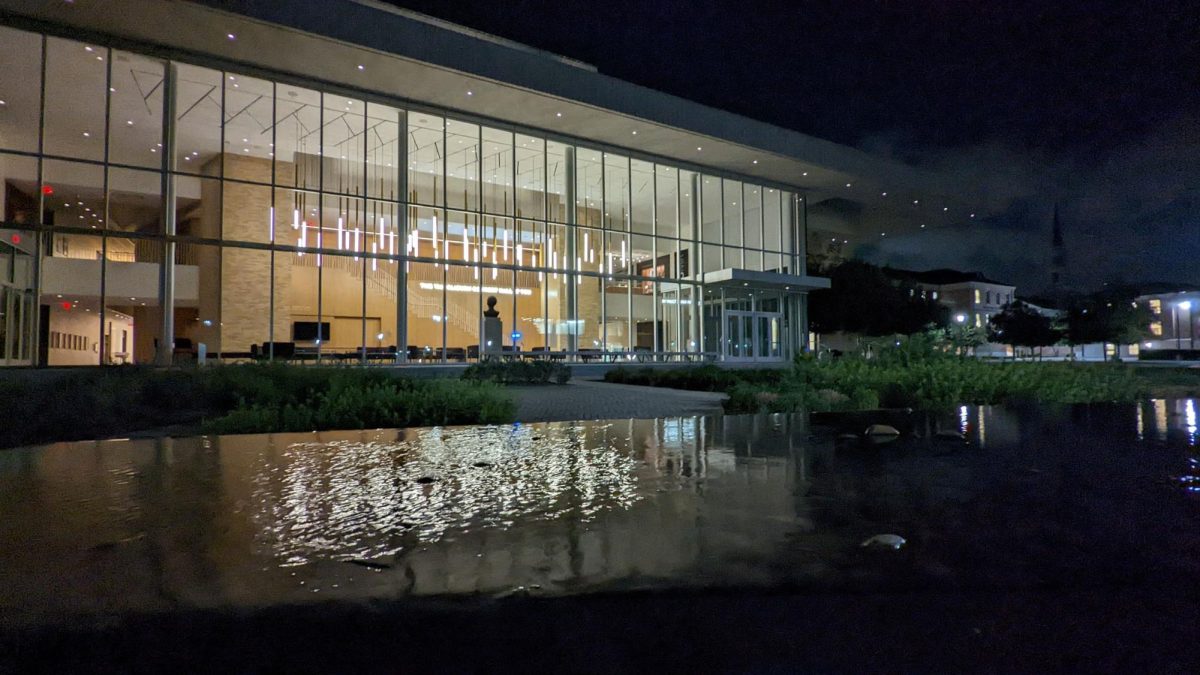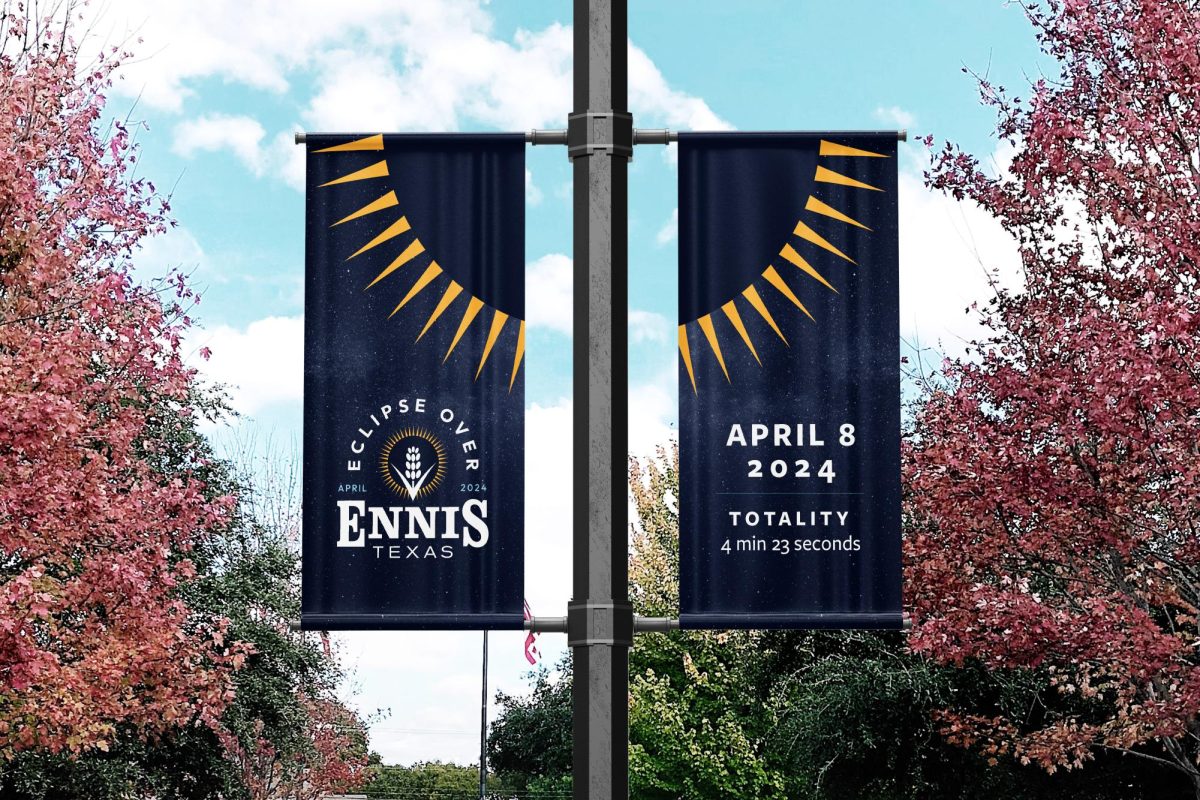A busy Fort Worth thoroughfare will be slimming down just in time for summer but not to impress the ladies.
Forest Park Boulevard will undergo a road diet between Rosedale and Park Hill in April, said Kyle Jensen, the Mistletoe Heights neighborhood president.
Alonzo Linan, the assistant director of the public works and transportation department, confirmed that the job would be completed in the spring.
The road currently supports two lanes of traffic each way with no median or shoulder. After the diet, the road will feature two traffic lanes, one northbound and one southbound, with a turn lane in the middle. Extra room will allow for a bike lane to be added to each side.
“The project is a reallocation of existing pavement, or simply a restriping of the street lines,” Linan said.
According to the City of Fort Worth’s website, a road diet may occur when average daily traffic flow remains under 20,000. Forest Park Boulevard averages 4,000 less than that per day. Diets are usually done to reduce speed and to improve safety, Linan said.
In Forest Park’s case, an “S” curve between Harrison Ave. and Edwin Street has been prone to accidents due to speeding vehicles.
According to a FortWorthology article, data acquired from the Fort Worth Police Department shows that from 2009 to 2011, there were 63 minor accidents and 21 major accidents on Forest Park Blvd. Residents of local neighborhoods lobbied for the creation of a safer road.
“I’ve got to credit the residents in affected neighborhoods for the idea,” Linan said.
Linan pointed specifically to the Mistletoe Heights neighborhood for spearheading the movement to implement the diet.
Heights resident Susan Pressley is said to have headed the movement.
“It is time to start putting people’s lives ahead of expediting traffic,” Pressley said in a September neighborhood newsletter.
Almost forgotten is the implementation of a bike lane with the road diet plans.
Although the bike lane will not connect to any others, biker Andrea Conditt said she is happy to hear the news.
“It’s a step in the right direction,” Conditt said. “I’d like to see the city and especially the TCU area become more biker friendly.”
In an e-mail survey by the City of Fort Worth sent out to 431 people by the city, 39 percent were in favor of the road diet, while only 28 percent were opposed. The major concern raised by opposing comments pointed to the possibility of congestion, especially during special events including the rodeo and TCU athletic events.
The city countered by saying the implementation of a turn lane will remove most sudden stops for turning cars, reducing accidents and traffic stoppages. The city also argued that the reduction of speed will greatly improve the safety of the road.
Currently, a speed detector (see photo) is the only implementation to try to reduce speed on Forest Park Blvd. It shows drivers their speed as they approach the dangerous “S” curve. Three police cars were also observed patrolling the street within a 10 minute span.
For more information on road diets, click on the video courtesy of Streetfilms.





